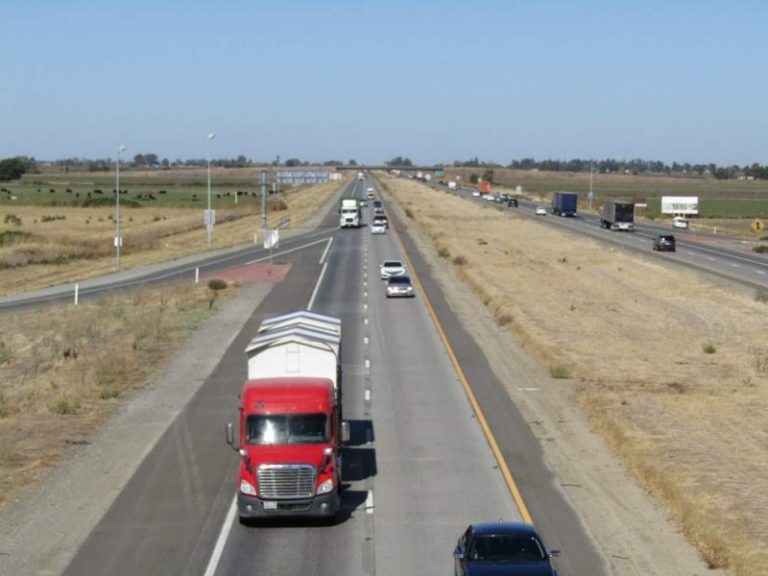The Chain of Causation for Tractor-Trailer Pileups
Multi-vehicle pileups, often referred to as chain-reaction accidents, are all too common on busy roadways across the country and in Arizona. Pileups cause an initial crash to spiral out of control, affecting a larger group of victims and often resulting in serious injuries. When a car wreck occurs between two or more passenger vehicles and a large truck crashes into them, causing a second incident, the consequences can be deadly.
If you’ve sustained injuries in a truck accident in Arizona, contact the Phoenix accident attorneys at ELG. Our team of accident lawyers in Phoenix and Mesa is here to help. While not all truck accidents or even pileups can be avoided, it’s important to stay aware of the chain of causation. Knowing your rights in an injury crash can help you file a claim for compensation later.
What is the Chain of Causation?

In multi-vehicle pileups, the chain of causation comes into play. Essentially, the chain of causation states that defendants are held liable if and only if their actions substantially contributed to the injuries you suffered. Basically, the chain of causation links their actions to your injuries.
Concurrent Causation in Truck Accidents
Multiple causes of an accident are typical in a multi-vehicle pileup. In other words, several cars and trucks might fail to exercise reasonable care, contributing to the pileup. Each defendant responsible for contributing to the crash can be held liable.
However, determining if a defendant has substantially contributed to an injury requires but-for causation evaluation. This means that, if the injury would not have happened without the defendant’s negligence, recklessness, or wrongful misconduct, their actions could be considered a substantial cause of the injury.
For example, say you sustain a minor injury in a multi-vehicle pileup. Initially, it could be a low-speed pileup, so no serious injuries have occurred. At that point, a speeding tractor-trailer slams into the pileup, crushing part of your car. The second accident involving the truck has now caused you to sustain severe injuries. Though the truck in this scenario is not the sole cause of your injuries, it’s a but-for concurrent cause.
Noncompliance with any federal trucking regulations could also come into play. If a trucker contributes greatly to a pileup while violating regulations, the penalties could be more severe.
Assessing Liability Proportionally After a Pileup
In Arizona, joint and several liability applied previously. This Arizona liability law imposed full liability for all damages on each of the defendants in a case, not taking into account how much fault they actually contributed. In the context of a pileup, an injured plaintiff could pursue recovery against any one of the defendants. Typically, this practice was advantageous for plaintiffs since they could target defendants based on their ability to pay the damages.
Arizona has now abolished joint and several liability, however. Now, each defendant is only responsible for the damages proportional to their fault contribution.
Truck Accident Attorney in Phoenix
If you’re injured or your vehicle is damaged in a truck accident, contact our Phoenix truck accident attorneys at ELG. Due to the nature of truck accidents and the negligent actions of many truck companies, victims must safeguard their legal rights after serious truck accidents. Call us at (623) 321-0566 for a free consultation and legal representation from our compassionate, knowledgeable attorneys today.
Law News Feed
All NewsWho Is Liable for Damages After a Truck Accident?
According to information from the National Highway Traffic Safety Association, more than 2,500 truck accidents occur each year in Arizona. It goes without sayin…
Common Injuries After a Motorcycle Accident
Motorcycle accidents kill or severely injure individuals more frequently than any other type of crash, resulting in immense amounts of suffering and financial d…

